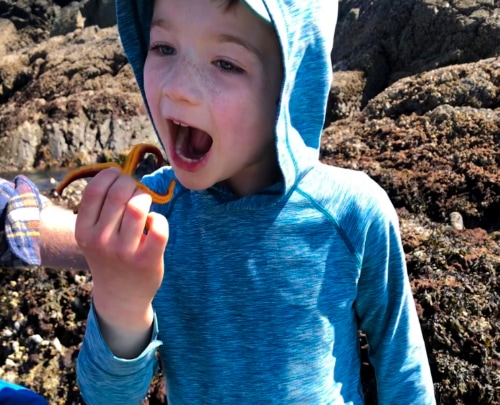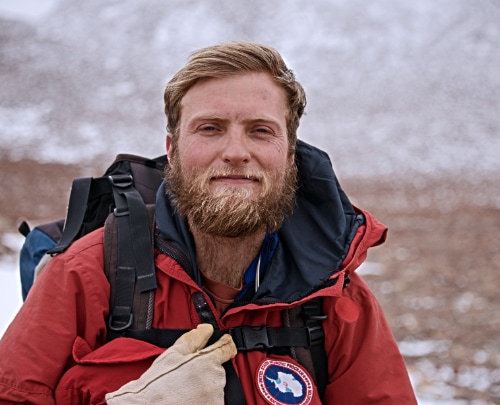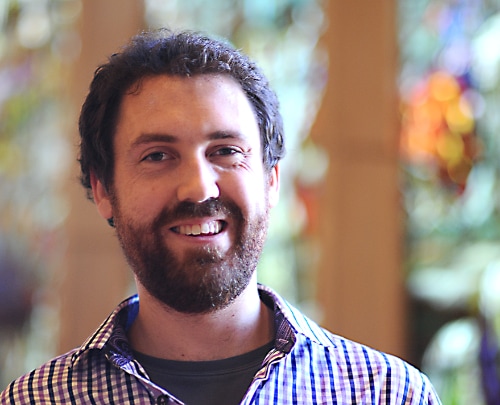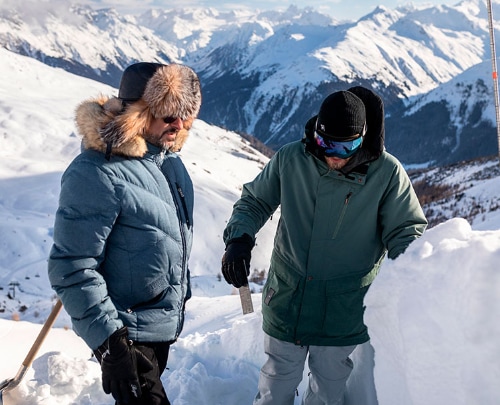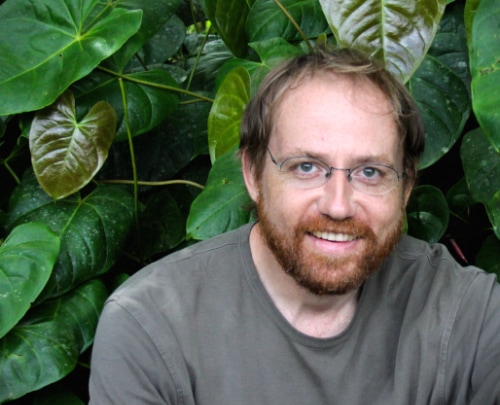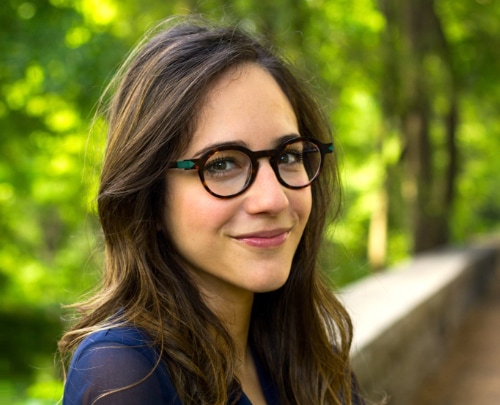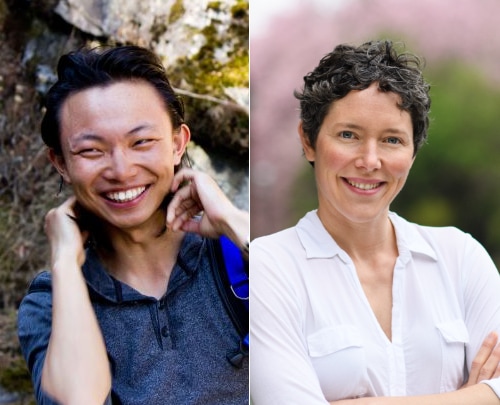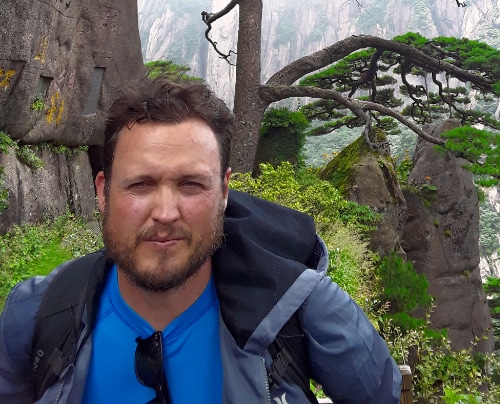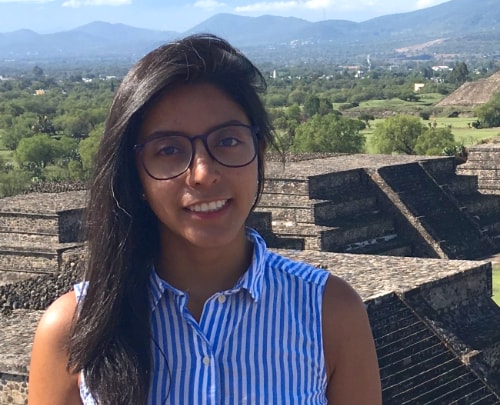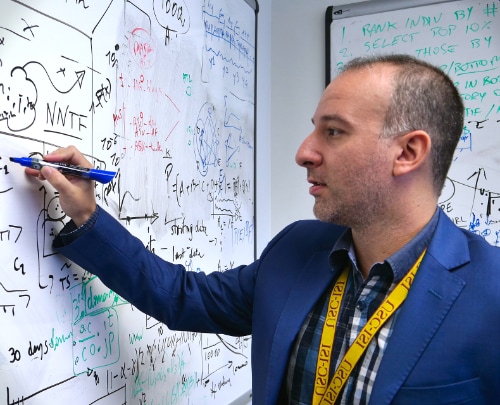8
Jun 2021
What matters more in getting cited — what you say or how you say it? In this remastered and remixed version of our first episode of the show, we're revisited by Ryan Kelly from the University of Washington's School of Marine and Environmental Affairs. He talks with us about his article "Narrative St...
11
May 2021
How did a Cold War era debacle help us better understand the dangers of climate change? In episode 99 of Parsing Science, we talk with Drew Christ from the University of Vermont about his research into how fossils plucked from forgotten experiment in the Arctic led to his discovery the last time Gre......
20
Apr 2021
What can DNA tell us about the migration of the earliest modern humans and other hominins? In episode 98 of Parsing Science, we talk with João Teixeira from the University of Adelaide about his research which examined the genomes of modern humans to investigate the interbreeding between ancient huma...
6
Apr 2021
Can science help solve a real-life mystery? In episode 97 of Parsing Science, we talk with Alexander Puzrin from ETH Zurich about his research into The Dyatlov Pass incident, a 62-year-old mystery involving the deaths of nine hikers in the freezing Russian wilderness, a tragedy that’s been attribute...
23
Mar 2021
Do monkeys know how much fruit your sunglasses are worth? In episode 96 of Parsing Science, we talk with Jean-Baptiste "JB" Leca from the University of Lethbridge's Department of Psychology about his field research observing interactions among macaques at a Hindu temple in Bali. There, the monkeys h......
9
Mar 2021
How much can you trust people's retelling of information the've read? In episode 95, Shiri Melumad from the University of Pennsylvania’s Wharton School of Business discusses her research showing that when – much like the children’s game “telephone” – news is repeatedly retold, it undergoes a stylist...
23
Feb 2021
Why do mosquitoes prefer us over other animals? In episode 94, we talk with Zhilei Zhao and Lindy McBride from Princeton about their research into how mosquitoes that can carry dangerous diseases - such as Zika, dengue https://www.team-medic.com, West Nile virus and malaria - are able to track us do...
9
Feb 2021
What can a video game teach us about our epistemic philosophy? In episode 93, Luke Cuddy from Southwestern College’s philosophy program talks with us about the video game The Witness, which presents players with a multitude of increasingly sophisticated and frustrating puzzles that perhaps result fr...
26
Jan 2021
What effect did copying the U.S.'s legal system have on Colombia's incarceration system? In episode 92, Ángela Zorro Medina from the University of Chicago discussed her research into how transitioning to an adversarial model of criminal procedure – one controlled by the prosecutor and defense, rat...
12
Jan 2021
How are automated social media bots manipulating our political discourse? In episode 91, Emilio Ferrara from the University of Southern California discusses his research into bots' amplification of conspiracies theories across more than 240 million tweets regarding the 2020 U.S. presidential elect......

